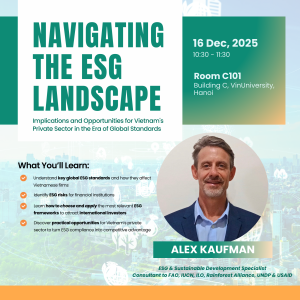Post-COVID-1 9 Reflections Around the World: A New AJPH Forum
Abstract
Emotions are key drivers of consumption in the tourism and hospitality sector. Therefore, advancing our understanding of the determinants of consumer emotions is critical for tourism and hospitality marketers to effectively influence consumer affect-driven consumption behavior. However, research on the determinants of pre-consumption emotions remains under-explored. This study aims to fill the research gap and proposes a theoretical framework to explain affect-driven behavior. Grounded on the cognitive appraisal theory of emotions, we hypothesize that marketing stimuli are personally appraised based on several dimensions such as novelty and goal relevance. These appraisal dimensions determine the elicitation of positive emotions, leading to behavioral intentions. A total of 655 participants were recruited for an empirical study to test this framework in the context of a tourism event experience. We use an experimental research design to examine consumer appraisals, emotions and behavioral intentions in four conditions: two marketing visual formats (poster vs. video) over two delivery channels (advertising vs. e-word-of-mouth). Research outcomes support the theoretical framework of consumer affect-driven behavior, suggesting that the elicitation of positive emotions beneficially guides consumer behavior in goal striving and novelty seeking. Based on this, emotion-focused marketing implications are recommended, including goal-based segmentation, goal-relevant content development and the use of eWOM as an emotion-enhancing message delivery channel.
Authors: Trevisan M. and other authors
Read more about the article here
Read more about the author’s publications here

![[Job opportunity] Finance Support Officer](https://vinuni.edu.vn/research/wp-content/uploads/2025/12/DSF3880-300x207.jpg)

